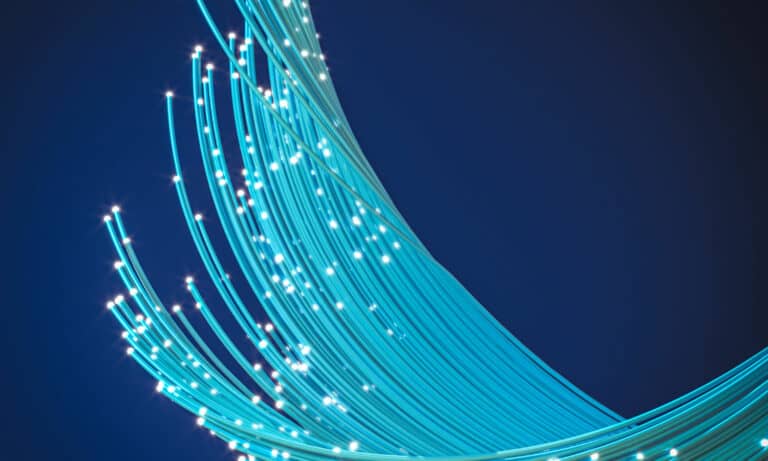FiberUnlimited received €5 million in growth capital. The Dutch company uses ultralight plastic optical fibre cables to build networks in buildings.
FiberUnlimited wants to use the capital to expand abroad. The investment was made by venture capitalist Forward One and investment company Oost NL.
Founded in 2015, FiberUnlimited uses plastic optical fibre (POF) cables to build networks in buildings. In addition, the company takes care of monitoring and management.
From copper to POF
FiberUnlimited exclusively uses POF cables. Most home and office networks consist of copper at this time. FiberUnlimited considers the material to be dated.
“Most buildings today are still being equipped with miles of quickly outdated and slow copper network cables developed 50 years ago”, the organization said. “Once they are at the end of their limited lifecycle they are usually ripped out and shipped directly to Africa, where they’re chemically burned to get to the metals at the centre of the cable.”
According to FiberUnlimited, POF is a more suitable alternative. The cables last longer and can be reused by a building’s future tenants or owners. Landlords are an important target market for FiberUnlimited, as the service allows them to connect new tenants to a reliable network quickly and inexpensively. According to FiberUnlimited, POF reduces pollution and costs. “A win-win”, as the company describes.
Optical fibre
Plastic optical fibre cables (POF) and glass optical fibre (GOF) cables have a similar foundation. The materials moved data faster and more reliably than copper. POF is more common in buildings than GOF, as it’s difficult to bend GOF into corners. GOF achieves higher speeds than POF, but POF is more flexible and less expensive.
As far as FiberUnlimited’s concerned, the copper cables of schools, hotels, hospitals, warehouses and offices will give way to POF in the coming years. The company wants a larger market share in the Netherlands and abroad.
